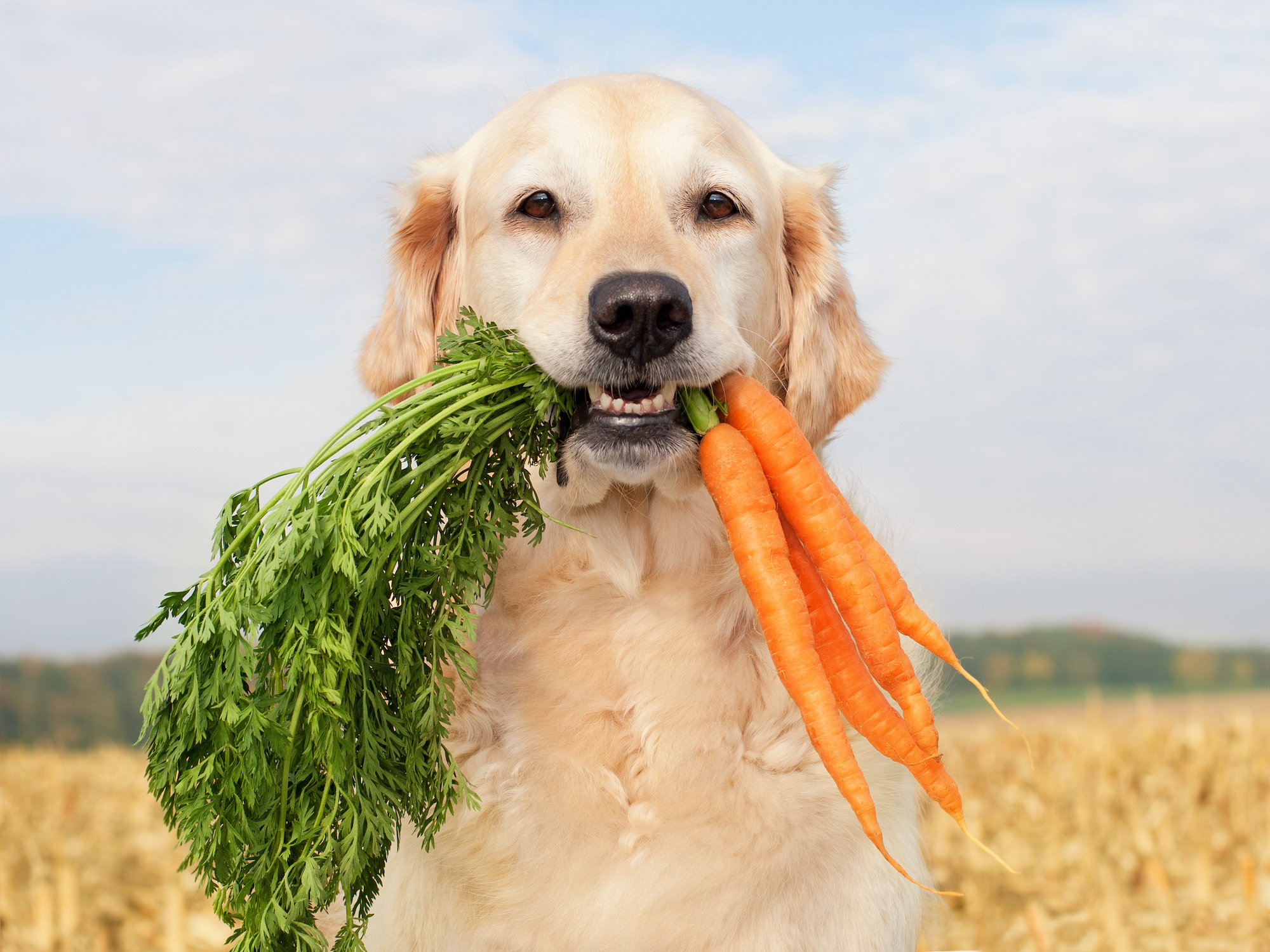from Representing Animals Foundation
Veganuary for Pets
WINCHESTER, GB / ACCESSWIRE / January 2, 2025 / Millions of people try vegan diets each January as part of the global Veganuary campaign. In 2024, roughly 25 million people sought a fresh start for their health and the environment through vegan diets. Yet in the decade since Veganuary was founded in 2014, dogs and cats have been almost entirely excluded. Now however, veterinary Professor Andrew Knight is calling for Veganuary to be extended to pets.
Writing in The Conversation, Knight notes that dogs and cats may also experience health benefits associated with vegan diets: "By late 2024, 11 studies in dogs, three in cats, and one systematic review covering both had all demonstrated that dogs and cats thrive on modern vegan or vegetarian diets. Certain health benefits appear consistent, such as a reduction in obesity and of conditions that may be triggered by animal-sourced allergens, like itchy skin and ears and gastrointestinal problems." However, he notes that "all diets, including vegan diets, should be manufactured by reputable pet food companies which carefully formulate their food to be nutritionally sound."
Professor Knight is a very experienced dog and cat veterinarian with a PhD in vegan pet food. His most recent study examined the environmental benefits of such diets. These shattered long-standing assumptions that it is only people who need to change their diets for environmental reasons.
Knight found that in nations with high pet ownership - such as the US, pet food consumes around 20% of all land animals killed for food, as well as billions of fish and marine animals. Globally, it's around 9% - even after accounting for the use of by-products of human food production.
This means at least six billion land animals are killed each year to feed the world's approximately 470 million pet dogs. Use of nutritionally sound vegan dog food would provide enormous savings of land and fresh water, which could be used for reforestation, re-wilding, biodiversity increase, and carbon capture. It would spare a staggering 0.57 gigatonnes (1 gigatonne is 1 billion tonnes) of CO2-equivalent greenhouse gases each year - 1.5 times the 0.38 gigatonnes emitted by the whole of the UK in 2023.
Because most plant calories fed to livestock animals are lost during conversion to meat, milk or eggs, directly consuming plant-based ingredients can also save food energy. A global transition to vegan dog food would spare sufficient food energy to feed around 450 million people annually - or the entire human population of the EU.
Sustainability benefits are large even considering the world's roughly 370 million pet cats. A global transition to nutritionally sound vegan cat food would spare sufficient food energy to feed around 70 million people annually - larger than the human population of the UK.
Said Knight, "An average-sized dog can consume as much meat as a person. If you want better health and environmental outcomes in 2025, try Veganuary - and please don't forget your pets!" Advice is available via his website.
Contact Information
Andrew Knight
Veterinary Professor of Animal Welfare
andrew.knight@murdoch.edu.au
SOURCE: Representing Animals Foundation
View the original press release on accesswire.com

